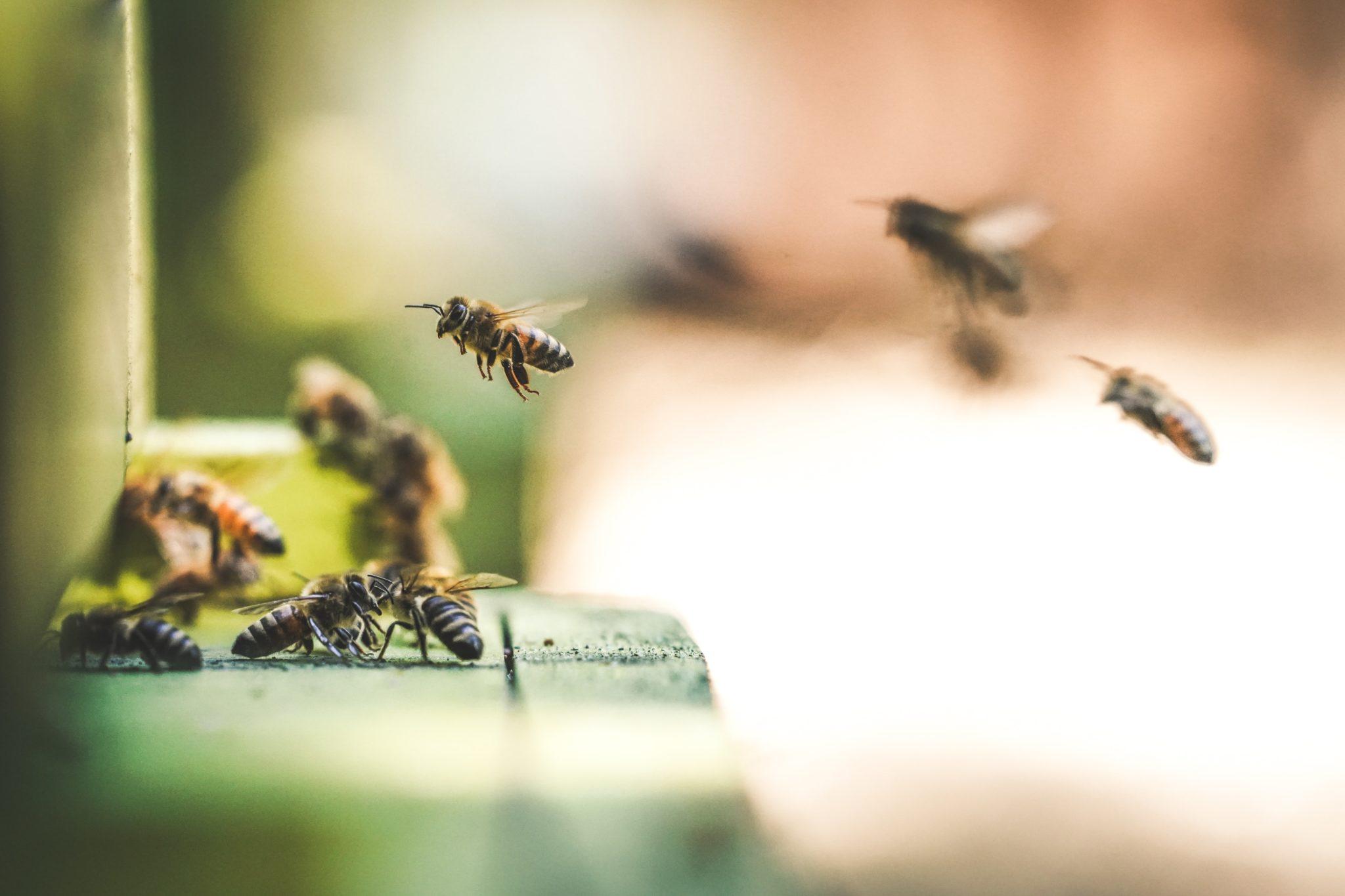
Share this post on social media
After over 10 years of development and great effort, the Green Refinery technology has been successfully producing a completely vegan and organic fertilizer – Blattwerk Pure. The process is rather unique, since we are turning grasses from agriculture for a product that is suitable for gardening and organic farming (Fibl BM list). The result is a liquid nutrient complex with valuable amino acids, lactic acids, natural sugars and important trace elements – no chemicals added.
What is happening at the moment in the fertilizers field? Why are organic fertilizers so important and necessary nowadays and how can their use help improve standard agricultural practices?
A post by Alice Frassin
From the economical point of view, over the last years, global fertilizer prices have seen an exorbitant increment of more than 120%, in a way that does not seem it will even out any time soon. Therefore, farmers all around the world are highly worried about their business’ future and are now looking for affordable alternatives to pair with standard practices.
There are different reasons as per why this is now happening. Nitrogen fertilizers’ production costs are strictly linked to the price of oil – which increased more than 70% over the last 12 months in the United States – and the irregular alteration of the world energy market, which directly influences the fertilizer market to the fullest.
Furthermore, the current European rules on fertilizers ensure that only the ones that meet high quality and safety EU-wide requirements and standards can be sold freely across the EU. This fact has definitely boosted the production and use of phosphate formulas with low cadmium content and of organic fertilizers and will provide a greater choice to farmers oriented towards a more environment-friendly agriculture.
Since 50% of the total food production depends on the use of fertilizers, food security and productivity cannot be achieved without them. The International Fertilizer Association (IFA) stated this in “The Role of Fertilizers in Climate-Smart Agriculture” (2016), which makes the fact that chemical fertilizers and their application currently represent 2.5% of the global greenhouse gas emissions even more concerning.
Furthermore, they often lose their effect and nutrients after application over periods of heavy rains. Consequently, to balance out the final outcome, highly toxic pesticides are also implemented. This leads to water and soil contamination, endangering wildlife such as bees and other insects, and, eventually, the pollutants end up in our plates and bodies.
Overall, the production of chemical fertilizers is contributing to the worsening of the already fragile climate change, since they are produced at great expense of a rare and non-renewable raw material: fossil fuels. Finite resources like such are at long last expected to run out and disappear.

We are currently experiencing a moment in time where the need and the demand for organic and sustainable agriculture is increasing significantly. Having a healthy lifestyle has always been a positive trend to follow and now, because of the COVID 19 pandemic, people are starting to be more aware and to raise concerns about the origin of the food that enters their homes.
On this matter, there is common awareness on chemical fertilizers and pesticides and their application. According to the UN’s environment programme, for instance, when the latter lacks proper management, it results in adverse impacts on the environment and health.
Unfortunately, inorganic fertilizers are still considered essential in order to meet the high demand on the yields per acre: their production costs, price and absorption time are lower than sustainable alternatives. Furthermore, exclusive use of organic fertilizer may not meet the nutrient requirement for crops as it has a slow release of nutrients, and only a fraction becomes available for plants in the first year after application (Hartl et al. 2003).
Aiming for the total abolishment of chemical fertilizers is unrealistic and very complicated to achieve. Instead, there is an option to make both categories cooperate: if fertilizers from renewable resources can partially substitute agro-chemicals, the attainability of the goal rises.

Environmental protection is one of Biofabrik’s main goals. We are working towards preserving the world’s ecosystems by creating and implementing an economic system that relies on itself. In a circular economy, waste is still considered a valuable source as it can still be cleaned, recycled, re-used and included back into the food chain.
For this reason, the smartest alternative to go alongside chemical fertilizer is manure, which not only gives a better life and stable growth to the vegetation it is used on, it also improves overall soil health.
Blattwerk Pure is the perfect solution farmers are looking for.
It has been proved by many studies that a balanced application of both inorganic and organic amendments increases soil organic matter while maintaining its productivity (Arancon et al. 2004; Blair et al. 2006; Gong et al. 2009). Moreover, partial replacement of chemical and mineral fertilizers by others has a highly positive impact on soil microbial activity, maintaining nutrient supply and crop yield at levels that can be compared with the use of inorganic fertilizer. (Lazcano et al., 2013)
Including sustainably and organically grown products in our diets seems to be a smart move. Agro-products have a very important role in this, therefore, as the demand for organic food increases, the need for organic fertilizers inevitably does as well.
The personal or professional use of Blattwerk helps tackle the negative environmental impact of agriculture and through the cooperation between organic and chemical fertilizers food security is ensured, while reinforcing preventive health measures.
Follow us on Facebook and LinkedIn, and subscribe to our newsletter to never miss any updates and join us on our journey to a healthier planet!